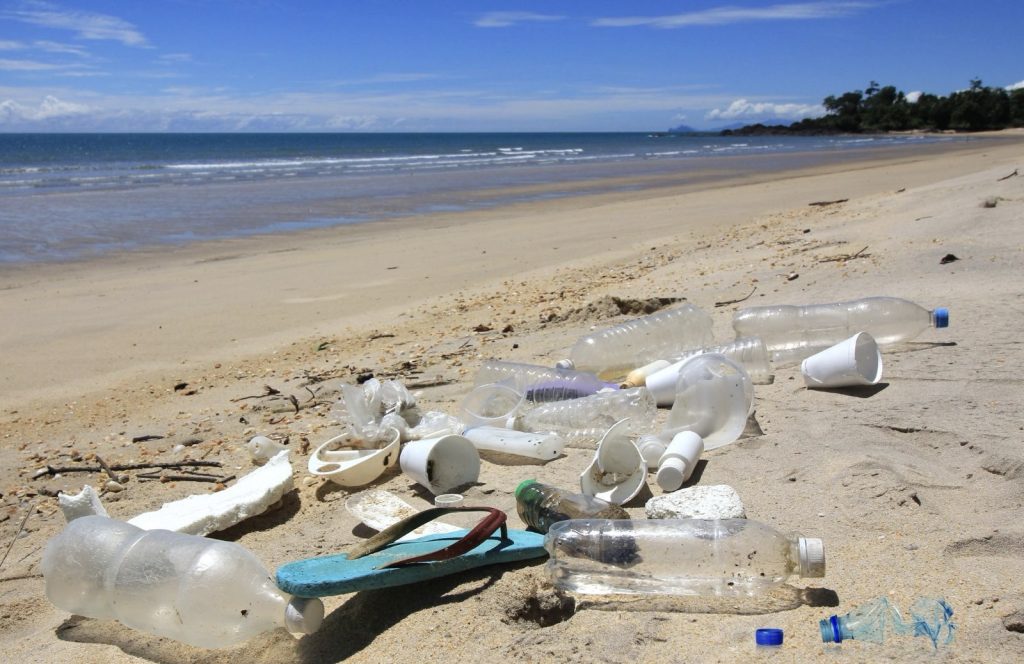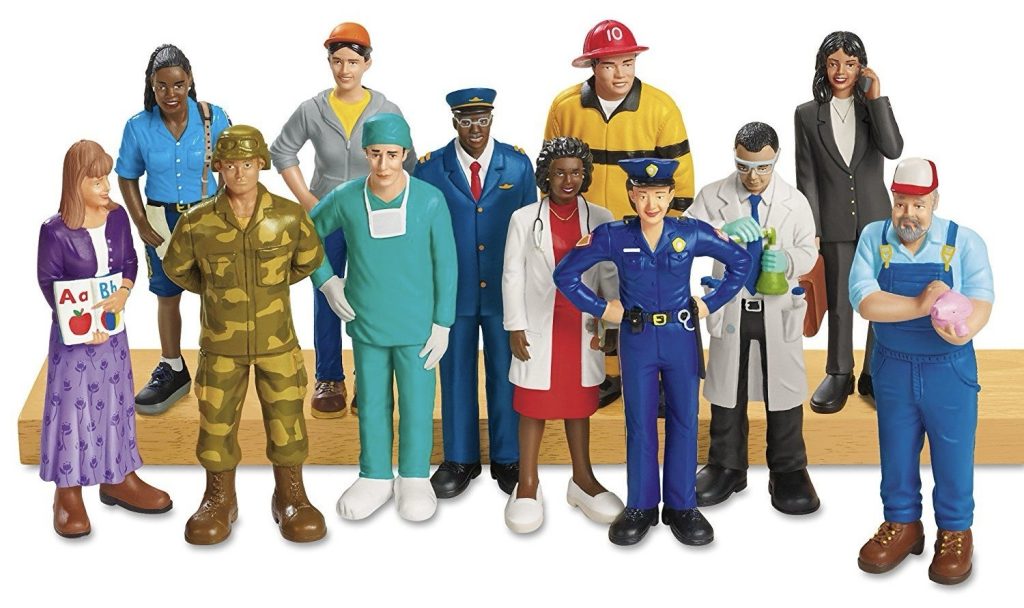
15. Rubbish
In the 70s, when I first came to Greece, and for several years after, most rubbish was burnt or simply dumped in the nearest ravine. Bad though that was, there was less of it back then and fewer people producing it but, as mass tourism took hold, things got steadily worse. Sadly, over half a century later, Greece’s relationship with rubbish remains wanting.
By this year EU countries are supposed to be recycling at least 55% of municipal waste. Across the 27 the average rate is 48.7%, but Greece has a truly abysmal rate of just 17.5%. There’s no doubt more to it and, while some areas fare better than others, with limited public awareness and participation in recycling programmes, and the absence of an effective national strategy, too many municipalities are reliant on landfill, a new incarnation of the ravine approach living on in the modern age.
In the context of such a grim record, although a drop in the ocean compared to what’s needed, having seen flyers around town about litter picking sessions, I went on one today. It was a bit disappointing because there wasn’t a single Greek there and was made up entirely of expats. Good for them that they’re doing something but, in the absence of any Greek input, it did feel a bit like whatever the opposite of a sledgehammer being used to crack a nut might be. Digging the channel tunnel with a teaspoon perhaps? But it’s something, which is better than nothing, and perhaps the locals are doing something elsewhere.
The Greek beach picture’s particularly bleak, as a study by the World Wildlife Fund revealed earlier this year. Half of all beach litter collected between 2021 and 2024 comprised only five objects: fag ends, bits of plastic, such as plastic caps, straws and polystyrene. Wide adoption of those fiddly undetachable bottle tops is a step in the right direction, but Greece has a long way to go.
The picture’s even bleaker out at sea, where much of the litter ends up, and especially so about 70 miles out from Kalamata in what’s known as the Calypso or Oinousses Deep. There, the seabed’s 3 miles down, the deepest of all European seas.
Because the Med’s enclosed and the deep point’s in a depression (the Hellenic Trench), the current’s weak, which means that debris collects there. It’s recognised as one of the highest concentrations of deep-sea litter ever detected, a mix of glass, metal, paper and plastic, the latter accounting for almost 90 percent.
The worrying bit, or rather one of them, especially if you like fish, is analysis carried out by the Hellenic Centre for Marine Research. It found that over the last 10 years in areas of the Aegean and Ionian Seas, microplastics have been consumed by all species of fish and seafood, and now they’ve been detected in us, in human blood, saliva, liver, kidneys and even placenta.
Although in lab models with rats, microplastics have been linked to inflammation, cell death, liver and lung damage, microbiome disruption and hormonal effects. Primarily via seafood and water it seems that we humans ingest 1,000s of plastic particles annually. Researchers are now trying to figure out what this could mean for us and, so far, it’s not looking good.
In terms of bottled water, omnipresent in Greece, research last year by the US National Institutes of Health found that, on average, a litre of bottled water contains about 240,000 tiny pieces of plastic, about 90% of them nanoplastics. This is far more than seen in earlier studies, which mostly focused on larger microplastics.
Because there are so many brands, records are hard to come by, but estimates suggest that around 600–900 million litres of bottled water are sold annually in Greece, so assuming that most are consumed, that’s up to 216 trillion tiny particles of plastic getting into humans every year. And that’s just in Greece.
Whatever metaphor or analogy you apply, drop in the ocean, teaspoon to dig the tunnel, pissing in the wind etc., the scale of the challenge and what failure might look like can leave you feeling dispirited and powerless. But, to quote Epictetus, the Greek stoic philosopher, I think he summed up things pretty well over 2,000 years ago: “It’s not what happens to you, but how you react to it that matters.”
Plastic pollution’s happening to us all because those little nano particles are already in us and, although it may not feel like much, doing something’s always better than nothing. My time here, surrounded by the stuff whichever way I turn, on land and at sea, and even in me, has galvanised me into taking a personal pledge to try harder to remove it from my life. It’s a tough hill to climb because so much comes in it but the risks of not trying aren’t worth it, especially as we’re already starting to turn into plastic.
Happy summer solstice! Only 187 days until Christmas ……

PS An earlier version of this post may have given an impression that I was critical of the expats’ litter picking efforts, and has since been cleansed. Hats off to them. It was more a reflection of my disappointment at there being no Greeks involved but wasn’t clear.